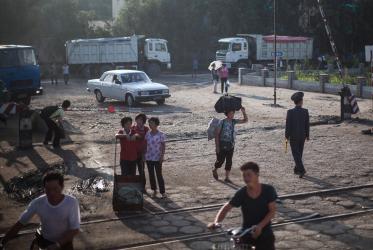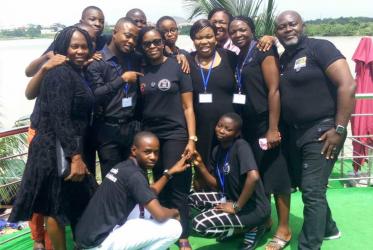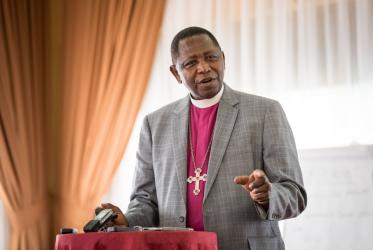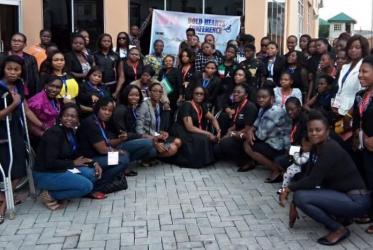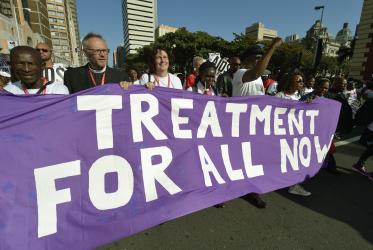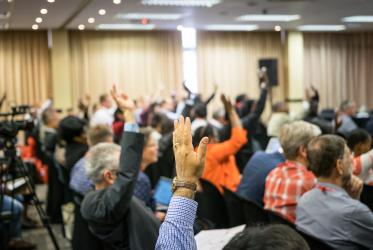Displaying 1 - 20 of 29
The cry of the Papuans in Indonesia
14 November 2019
Youth leaders: “We will stop at nothing” to end HIV and violence
17 October 2019
Knowledge of gender roles deepens in Togo
03 June 2019
Faith and HIV treatment go hand in hand
06 March 2019
Congolese churches respond to Ebola outbreak
01 June 2018
Walking together against hatred and violence
26 February 2018
“Facing the storm of HIV, we can move together, be agents of change”
06 September 2017
“It’s time to be brave, to form diverse partnerships”
02 March 2017
“Health and healing for all people, that is the challenge”
28 February 2017
AIDS 2016: Coverage of faith response to HIV
22 July 2016


